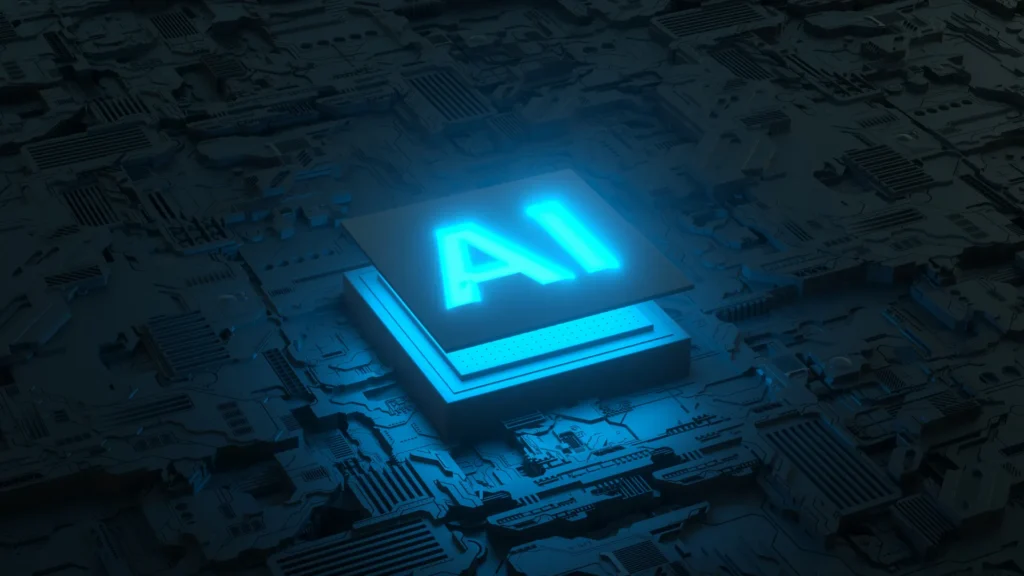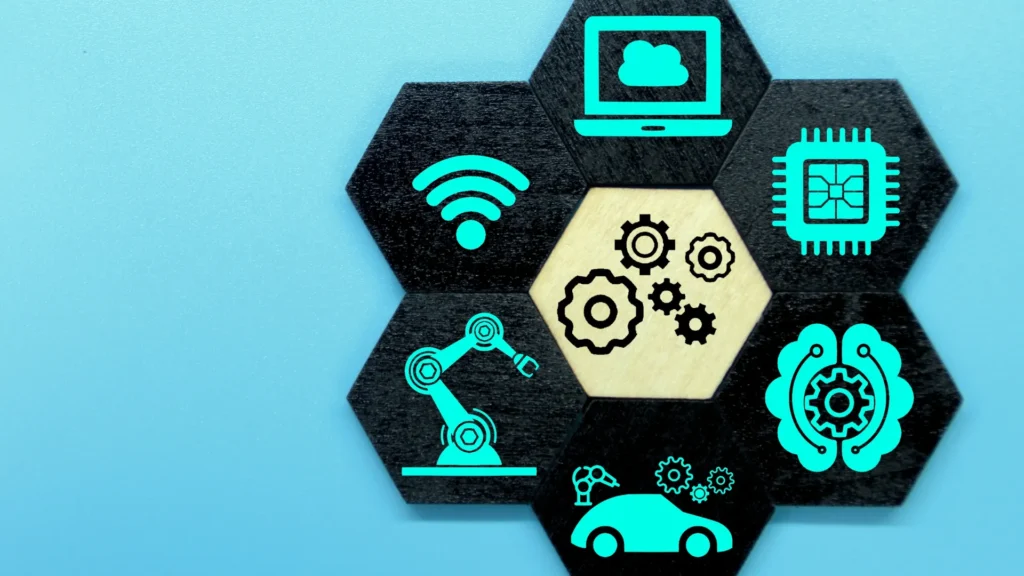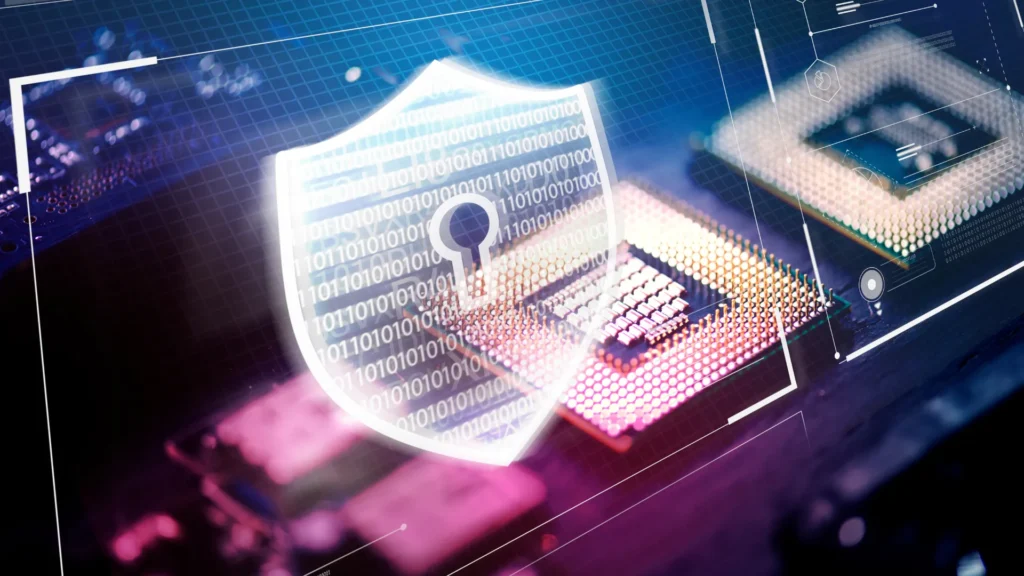
Top Emerging Technologies That Will Disrupt Business by 2030
A tide is coming. You can feel it. It’s a current of profound technological change, a force set to redefine entire industries by 2030. We’re talking fundamental disruptive innovation that reorders markets and creates new leaders. These future business trends are less of a gentle swell and more of a tsunami on the horizon. Some will see it as a threat. Others, well, others will already have their surfboards waxed. This isn’t a forecast; it’s a weather report for a category five storm of progress.
Artificial Intelligence and Autonomous Systems
Let’s start with the big one: AI. The AI transformation is already here, but we’re just at the shoreline. By 2030, AI will be less a tool and more a cognitive collaborator. Think of autonomous supply chains that reroute shipments based on geopolitical news. Or drug discovery algorithms that run millions of simulations a day. It’s a new kind of business intelligence. Sentient, almost. This evolution will automate complex decisions, not just simple tasks—a wild thought.

Quantum Computation and Ultra-Fast Process
Next up is the mind-bender: quantum tech. Your laptop thinks in ones and zeros. Sequentially. On the other hand, a quantum computer explores countless possibilities at once. It’s the difference between walking a maze and instantly seeing the whole maze from above. This capacity for immense parallel computation will solve problems currently impossible for humanity. Material science, financial modeling, and cryptography get a complete rewrite. The raw horsepower is almost hard to comprehend.
Blockchain and Decentralized Trust Systems
Everyone still connects blockchain disruption with cryptocurrencies. Fair enough. But its core value is trust. A decentralized, immutable ledger. A record of transactions nobody can alter, owned by everyone who uses it. The applications are enormous. Supply chains with verifiable proof of origin for every component. Financial systems without central intermediaries. Even secure, private digital identities. A system whose integrity is baked into its code. Kind of a quiet revolution.

Augmented Reality (AR) and Virtual Reality (VR)
The impact of AR/VR business will dissolve the screen between our digital and physical worlds. AR will overlay data onto our view—a technician sees a machine’s schematics, a surgeon sees a patient’s vitals. VR will create immersive digital spaces for training, design, and collaboration. Imagine a global team walking through a virtual prototype of a new product. Together. The 5G revolution provides the low-latency connection that makes these persistent, shared realities possible.
Biotechnology and Gene Editing
Here’s a current that runs deep: biotech in business. Gene-editing tools like CRISPR are giving us the ability to rewrite biological code. The results will be personalized medicines tailored to your unique genome and crops with built-in drought resistance. It’s a technology with immense promise and, to be fair, immense ethical questions. But its arrival is inevitable. It will alter healthcare, agriculture, and our very definition of what is possible.

Advanced Robotics and Automation
Forget the clunky robots of old movies. The next wave of robotics will be agile, collaborative, and AI-powered. We’re talking autonomous warehouse logistics, surgical robots with superhuman precision, and agricultural drones that monitor crop health plant by plant. These tireless, efficient workers will free up human talent for more creative, strategic work. They are the physical body for the AI’s digital brain.
Clean Energy and Sustainable Tech
Sustainable technology quickly moves from a public relations point to a core operational necessity—a license. Breakthroughs in battery storage, next-generation solar, and decentralized smart grids will change how we power our economies. Businesses leading to clean energy adoption will find lower operational costs, a stronger brand, and a more resilient infrastructure. This isn’t just an environmental issue; it’s a competitive advantage.

The Rise of the Metaverse and Digital Twins
The metaverse concept goes beyond VR games. It’s a persistent, interconnected set of digital spaces. A key component is the “digital twin”—a perfect virtual replica of a real-world object, process, or environment. A city could have a digital twin to model traffic flow and emergency response. A factory could have one to test new layouts with zero physical-world cost. You find and fix problems in the simulation before they ever become real. A massive advantage, you have to admit.
Cybersecurity and Zero Trust Architecture
As every asset becomes digital, cybersecurity becomes paramount. The old model—a strong wall around your network—is obsolete. The new standard is a “Zero Trust Architecture.” The principle is simple: trust nothing, verify everything. Every user, every device, every data request must prove its legitimacy every single time. It sounds intense. And it is. In a world of constant threats, it’s the only sane approach.

Preparing Your Business for the Future
So, this massive technological tide is on its way. What now? A business can’t stop a tsunami, but it can reach higher ground. It can build a more resilient structure. It can even learn to ride the wave. Preparation means a commitment to agility. It means a culture of perpetual learning. This means you look at these emerging technologies not as threats but as the tools you’ll use to build your company’s future. The water is rising—time to get ready.


